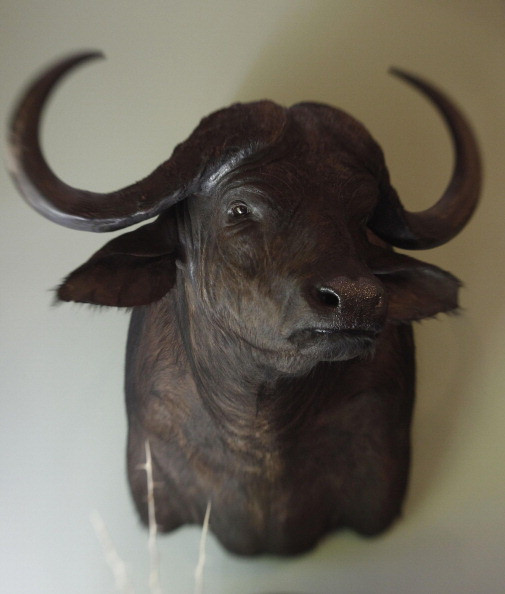Hunters now need permits to import lion and elephant trophies into EU but 'more has to be done'

Hunters are no longer allowed to import body parts of endangered animals into the European Union without permits issued by EU Member States.
The decision was made to guarantee that the animal body parts are obtained in lawful ways and not through illegal poaching, the Environment News Service reported.
The new measures also aim to curb illegal trade of animal trophies.
Permits must be issued by EU states for hunting trophies of six species: African lion, polar bear, African elephant, Southern white rhinoceros, hippopotamus and Argali sheep, all at risk of extinction.
The decision came a few month after a report by the International Fund of Animal Welfare (IFAW's) warned that some 33,006 live wild animals and animal body parts were available for sale on 280 online marketplaces in 16 different countries.
The body parts included elephants' tusks, snow leopards' teeth, rhinos' horns and tigers' claws.
The closing of the loophole in the European law was widely welcomed by conservationists, but the consensus is that more has to be done.
"We recognise the importance of closing this EU loophole and hope that this will be an important first step to protect these endangered species," Neil D'Cruze, head of wildlife research and policy at World Animal Protection told IBTimes UK.
D'Cruze warned that trophy hunting is not only a conservation concern.
"Even if it is conducted in sustainable manner, trophy hunting can still have a terrible impact on wild animal welfare.
"World Animal Protection supports calls for a total ban on trophy imports from countries that allow hunting of endangered animals. We believe that wild animals belong in the wild, not hung up on someone's wall."
In 2014, a study warned that an elephant is killed every 15 minutes for its tusks and that at this rate, elephants will be extinct by 2034.
© Copyright IBTimes 2025. All rights reserved.






















